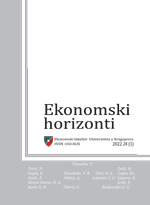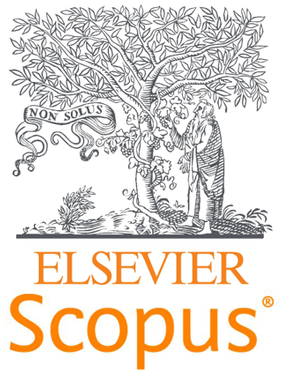THE INFLUENCE OF MOBILE APPLICATIONS ON CUSTOMER LOYALTY IN OMNICHANNEL RETAIL
Svetlana Sokolov Mladenović, Suzana Đukić and Jelena Stanković
University of Niš, Faculty of Economics, Niš, Republic of Serbia
Modern customer loyalty programs are increasingly based on new technologies and forms of rewards, in which sense customer loyalty programs are increasingly implying the use of mobile applications not only as a means of collecting and realizing points, but also as a means ensuring ease of purchase, the personalization of the offer and entertainment through various types of prize games. Based on these facts, the paper explores the influence exerted by mobile applications on customer trust and loyalty in omnichannel retail. The research draws on Self-Determination Theory to explain the influence of autonomy, competence and relatedness as the key needs of people as customers on their trust and loyalty. The empirical research conducted using the survey method and carrying out SEM analysis showed that mobile applications significantly affected customer loyalty, with the moderators such as age and membership duration in the loyalty program playing a significant role in the process. The research results suggest that customers value the mobile applications that provide them with a sense of autonomy, i.e. control over the purchasing process, strengthen their existing competences and enable them to acquire new ones, making possible connectedness and friendship with other members of the program, thus generating their confidence in the quality and reliability of the mobile application and strengthening customer loyalty to the seller.
Keywords: mobile applications, customer loyalty, trust, omnichannel retail, loyalty programs, SEM analysis
JEL Classification: M31
Economic Horizons, 2025, 27(1), 141-158. Published online April 8th 2025
doi:10.5937/ekonhor2502135G




